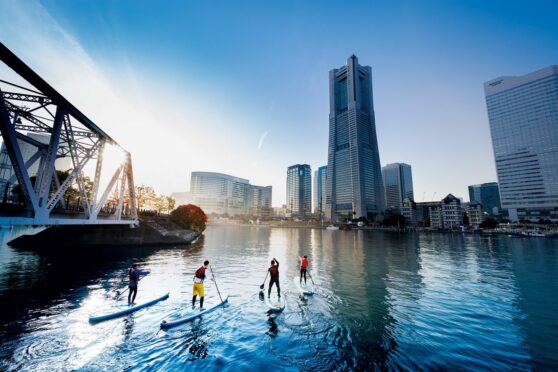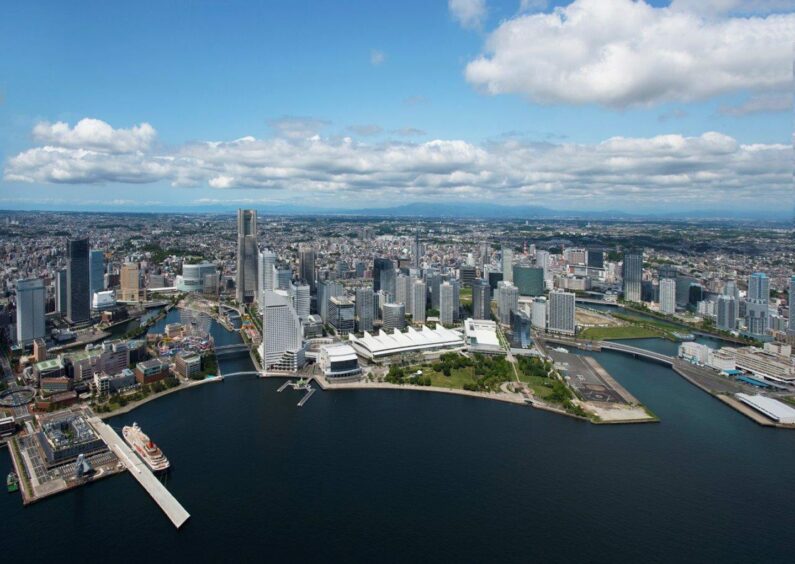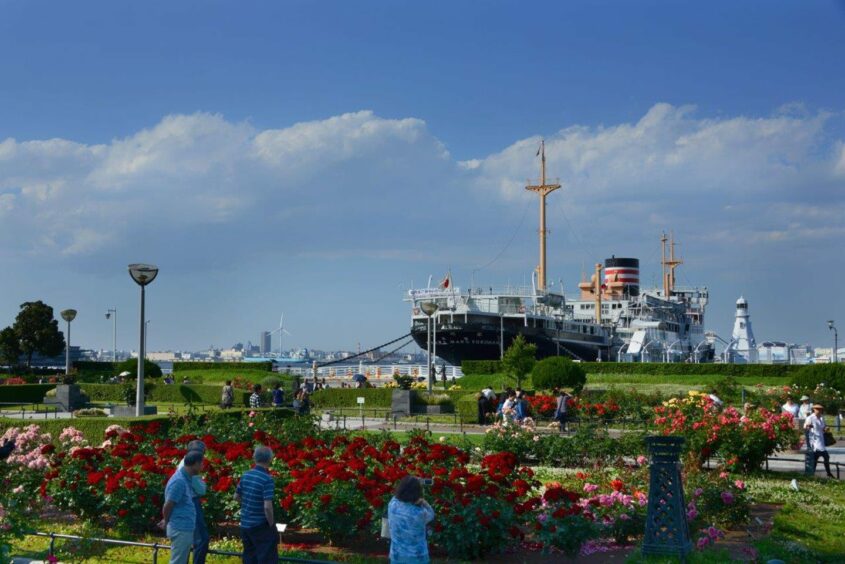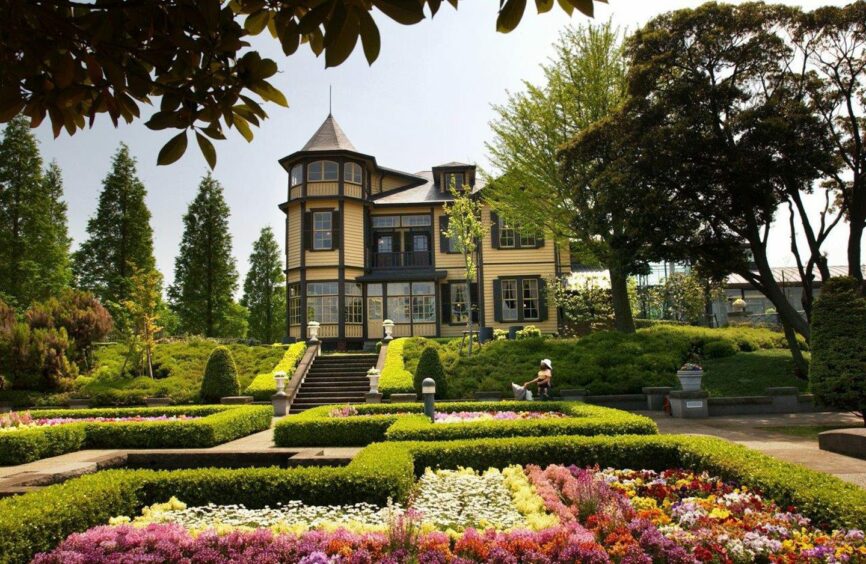Writer Anna Toccoli introduces the beautiful Japanese city of Yokohama, demonstrating how it’s a thriving hub for expats with interests in business and innovation.
-
Some Press and Journal online content is funded by outside parties. The revenue from this helps to sustain our independent news gathering. You will always know if you are reading paid-for material as it will be clearly labelled as “Partnership” on the site and on social media channels.
This can take two different forms.
“Presented by”
This means the content has been paid for and produced by the named advertiser.
“In partnership with”
This means the content has been paid for and approved by the named advertiser but written and edited by our own commercial content team.
Located south of Tokyo in Kanagawa Prefecture, the lively port city of Yokohama is one of the country’s major hubs for international business and innovation. The city combines all the benefits of a bustling metropolis with a comfortable living environment boasting an excellent support network for foreigners.
Yokohama’s history of welcoming foreigners dates back to the nineteenth century, when it was one of the first ports in Japan to reopen to the world after over 200 years of self-imposed isolation. Today, more than a hundred thousand of the 3.77 million residents come from over 160 countries, forming the vibrant international community that has made Yokohama a one-of-a-kind melting pot. With ten international schools, foreign language hospitals, and a wide range of private services catering to expats, the city ranks high on the list of the most livable areas for people looking to relocate to Japan.
In Yokohama, the old meets the new in the port area of Minatomirai, now a modern seaside district home to many eye-catching high-rises that give the city its distinct skyline.
Even the busiest areas in Japan’s second-largest city are dotted with beautiful parks — more than 2,700, including Yamashita Park, where locals and tourists alike enjoy strolling on sunny days while enjoying the sea breeze.
At the Sankeien Garden, a spacious Japanese-style garden is complete with a pond, walking trails, and cherry trees that bloom in the spring, creating an effusion of pink.
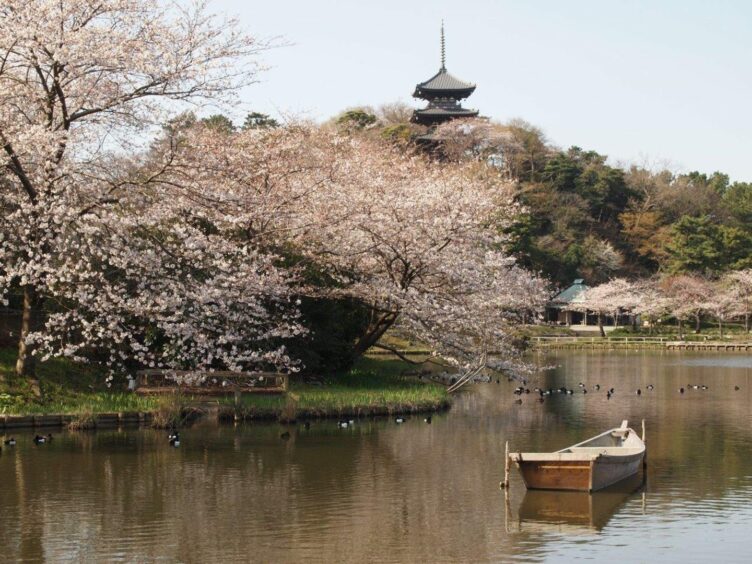 Even among the glass-clad skyscrapers, the city offers no shortage of homey neighbourhoods; the upscale residential area of Yamate is especially popular with foreign residents and still retains several landmarks related to its history as Yokohama’s main residential district for Westerners.
Even among the glass-clad skyscrapers, the city offers no shortage of homey neighbourhoods; the upscale residential area of Yamate is especially popular with foreign residents and still retains several landmarks related to its history as Yokohama’s main residential district for Westerners.
Yokohama offers many exciting entertainment options to suit all lifestyles. The city has 13 professional teams across 7 different sports and offers a nightlife scene that rivals Tokyo’s.
Yokohama also has many temples where you can practise Zen meditation as well as sports gyms for those who prefer a slower pace of life or want to indulge in some mindfulness after a long day of work. In addition, Yokohama is well-known for its many sauna spas, which are on the rise today, particularly among people from their 20s to 40s.
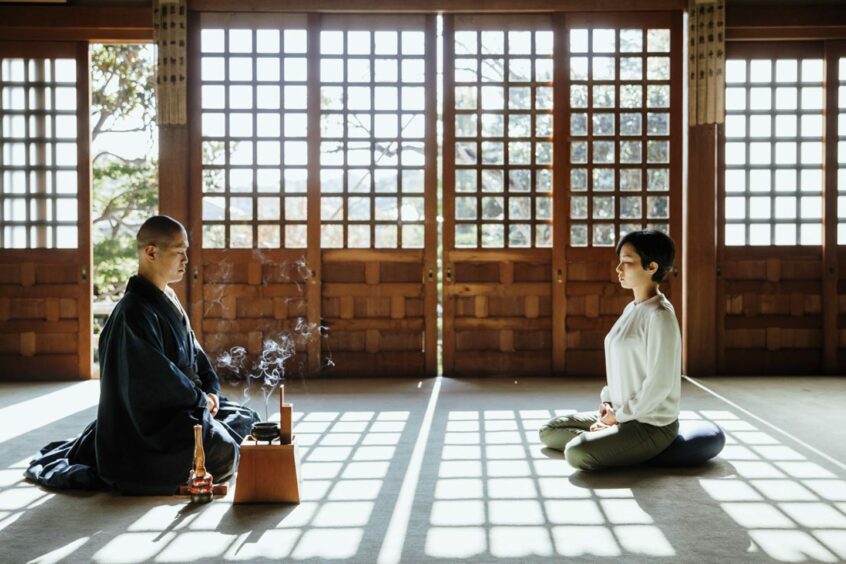 Robert Heldt, CEO of Tokyo-based creative digital agency Custom Media, has lived in Yokohama for nearly nine years. He and his family value space and being close to nature, and the benefits of owning a house with a garden and a small terrace outweigh the 40-minute commute to central Tokyo. “What I enjoy about living in Yokohama is that it is very clean, safe, and convenient,” Heldt says. “Public transport in Yokohama is clean, comfortable, and on time, and newer train lines are being introduced to further connect the city.” Yokohama also provides easy access to all major cities in Japan via Shinkansen bullet trains, and it’s only about 20 minutes away from Haneda Airport and about 90 minutes away from Narita International Airport.
Robert Heldt, CEO of Tokyo-based creative digital agency Custom Media, has lived in Yokohama for nearly nine years. He and his family value space and being close to nature, and the benefits of owning a house with a garden and a small terrace outweigh the 40-minute commute to central Tokyo. “What I enjoy about living in Yokohama is that it is very clean, safe, and convenient,” Heldt says. “Public transport in Yokohama is clean, comfortable, and on time, and newer train lines are being introduced to further connect the city.” Yokohama also provides easy access to all major cities in Japan via Shinkansen bullet trains, and it’s only about 20 minutes away from Haneda Airport and about 90 minutes away from Narita International Airport.
In addition to its high standard of living, Yokohama is quickly becoming a global centre for business and innovation, especially in the fields of research and development, information technology, and the creative industries. The city is home to the headquarters and R&D facilities of global corporations such as Shiseido, Nissan, and Bosch.
Yokohama has a history of facilitating collaboration between companies, countries, and individuals under the banner of innovation. There are several programmes designed to help startups get off the ground, including the “Startup Location Promotion Subsidy,” which was inaugurated in 2022 to assist in the establishment of small-scale offices, and “YOXO BOX,” a sandbox-style hub that brings together aspiring entrepreneurs and mentors, and offers services such as an accelerator programme, one-on-one consultations, and business events to promote Yokohama as “Innovation City.”
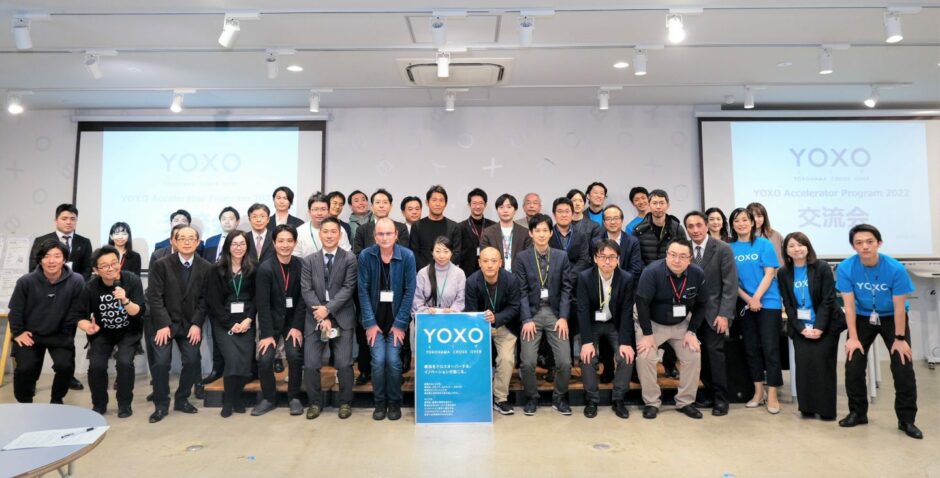 Aaron Benedek is one of these entrepreneurs. Three years ago, he established Nekotronic in Yokohama as a venture dedicated to developing next-generation aerial transportation systems. Nekotronic isn’t his first startup, but it is the first one he’s founded in the city, where he and his team have found invaluable support in the form of mentoring, potential partnerships, and projects.
Aaron Benedek is one of these entrepreneurs. Three years ago, he established Nekotronic in Yokohama as a venture dedicated to developing next-generation aerial transportation systems. Nekotronic isn’t his first startup, but it is the first one he’s founded in the city, where he and his team have found invaluable support in the form of mentoring, potential partnerships, and projects.
Yokohama’s growth shows no signs of slowing. The city continues to establish itself as the model location for a business hub in Japan and Asia, thanks to the steady influx of companies and a strong awareness of sustainable urban development.
Find out more about the city of Yokohama and the rest of Japan through Iglooo’s website.
